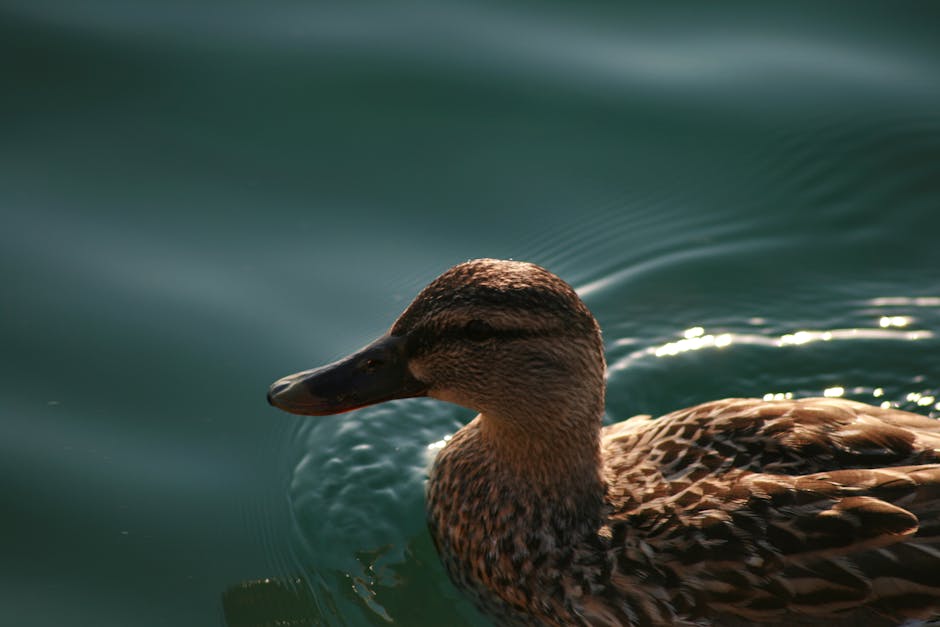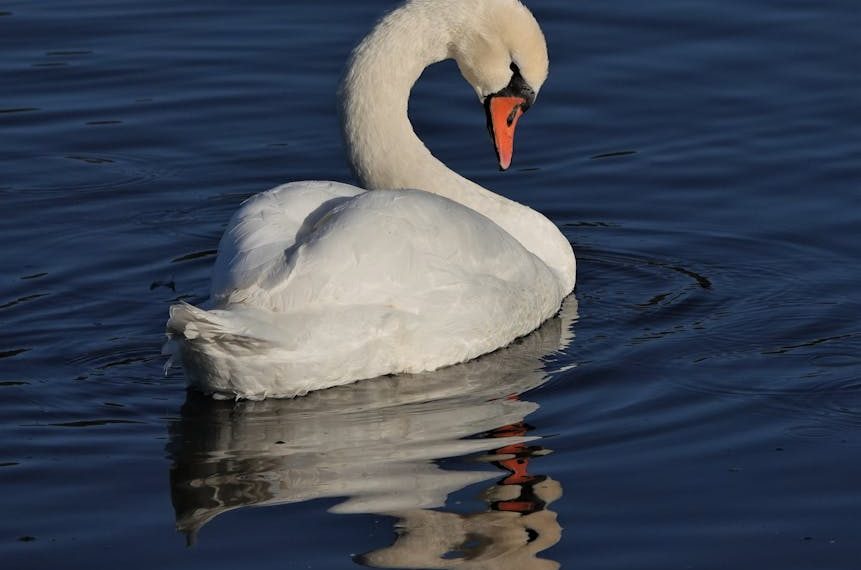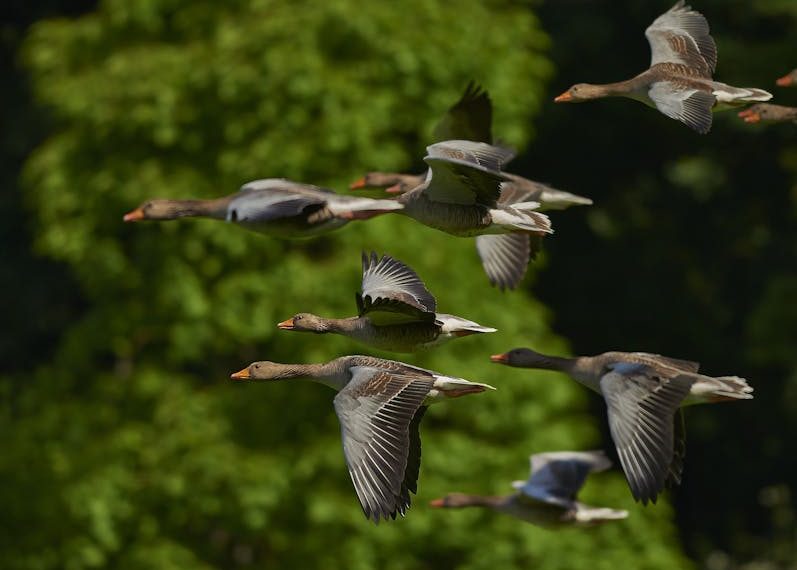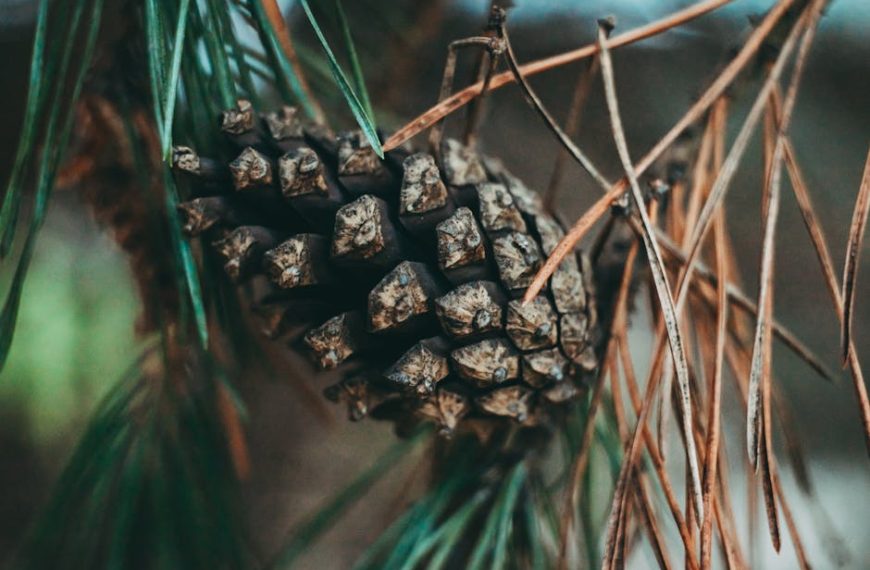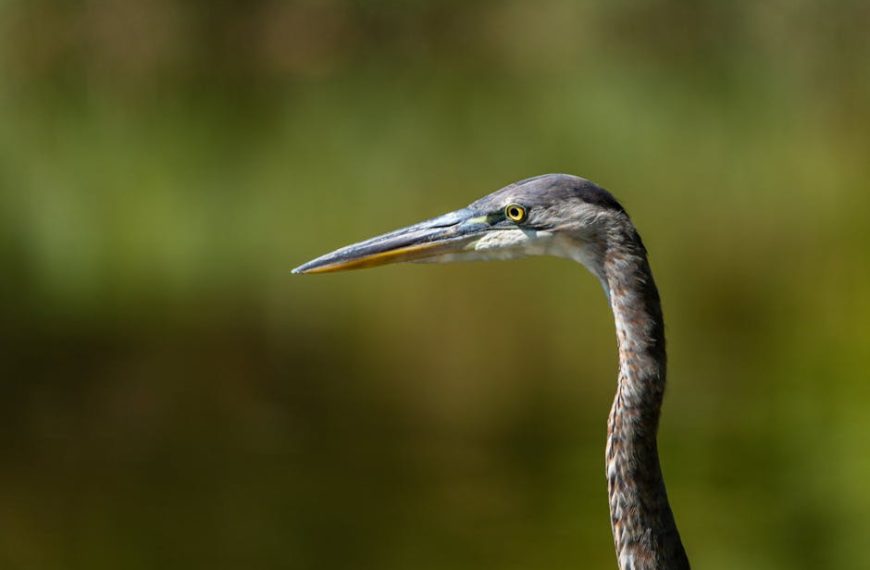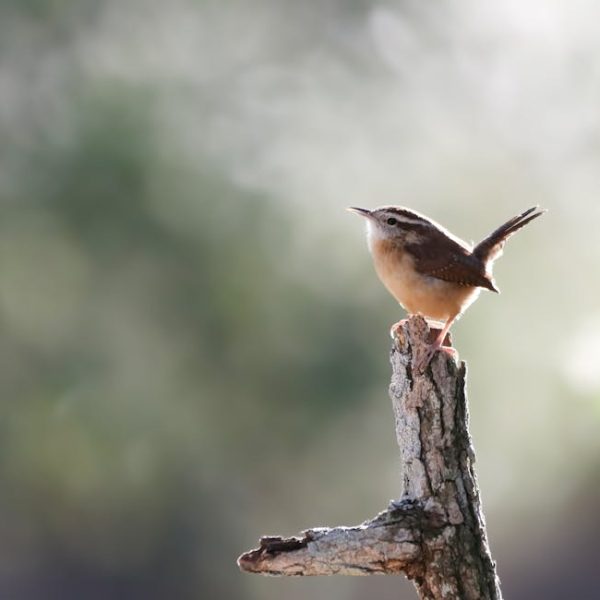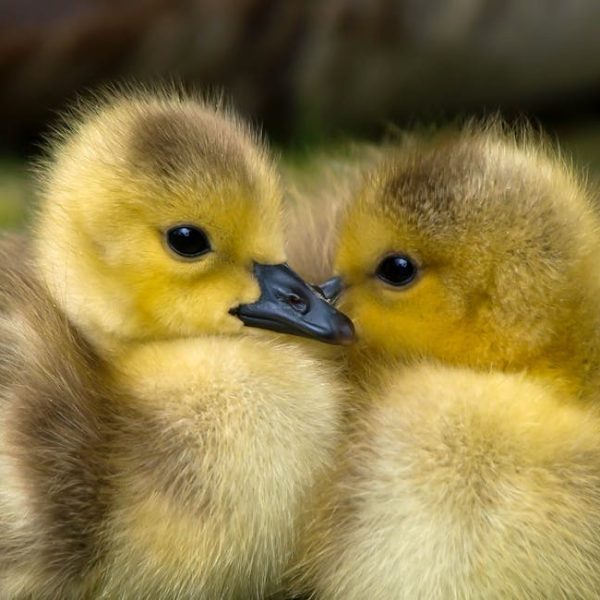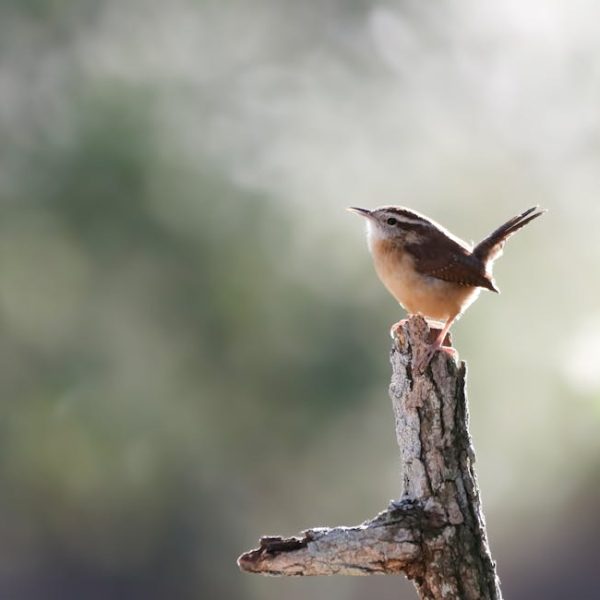The arrival of birds in your backyard is often a delightful sight, as they bring a dose of Mother Nature right to your doorstep. However, when they make themselves too comfortable and start invading your deck or other outdoor spaces, the visitor’s charm quickly wears off. Birds are notorious for leaving a mess behind, from droppings that pose a health risk to nesting materials that clutter your space. But fear not, as we have curated a list of effective strategies that will help you to keep birds off your deck and outdoor spaces, restoring your tranquility.
Maintaining Cleanliness in Outdoor Spaces
A clean and tidy garden is less likely to attract birds as much as an unkempt one. A pile of discarded food items or an open trash can is nothing short of an invitation for a feast for these feathered creatures. Similarly, fruit-bearing trees are a gastronomic delight for birds, who won’t hesitate to frequent such spots.
- Regular power washing of your deck and outdoor spaces can make a significant difference. It helps in removing subtle remnants of food and soiled areas which can be major bird attractants.
- Proper trash management is another crucial aspect. Try to keep your bins sealed to prevent birds from scavenging for food leftovers.
- Regularly trim fruit trees and swiftly remove any fallen fruits. Leftover fruits can attract birds and other pests alike.
Pro Tip: Regularly clean your deck and immediate eating spaces after meals. This preventative measure will help keep birds at bay.
Using Bird Deterrents
Bird deterrents, such as spikes, coils, bird tapes, and decoys, offer an effective solution to keeping birds off your property. These deterrents employ different tactics to make your outdoor space unappealing to birds, ideally without causing them harm.
- Humane deterrents like decoy predators and ultra-sonic devices can imitate the presence of predators, creating a perceived risk to incoming birds.
- Aggressive tactics, such as bird spikes and repellent sprays, yield effective results, but are less humane, creating physical barriers or discomfort to the birds.
Best Practice: Utilize a combination of different types of deterrents to effectively keep birds off your outdoor spaces. The variety ensures that you’re prepared for different types of birds and behavioral patterns.
Creating a Less Enticing Habitat
Altering your outdoor space to be less desirable for birds is another effective means of control. By adjusting aspects of your yard that could be encouraging their stay, you can coerce birds into seeking a more attractive environment.
- For instance, it may be practical to remove or relocate bird baths and feeders that may be drawing birds into your space. It’s also best to steer clear of birdhouse decorations, which can be misconstrued as cordial invitations by our feathered friends.
- Another blockade can be created by effectively netting potential nesting areas, which deters birds from setting up their homes on your property.
Pro Tip: To discourage birds, consider reducing the number of plants that produce berries and seeds as they are major food sources for a majority of bird species. This can help to naturally keep bird traffic in your garden to a minimum.
You can never be too prepared when it comes to maintaining your outdoor peace and cleanliness. By simultaneously keeping the outdoor spaces clean, using a variety of deterrents, and making habitats less enticing for birds, you will significantly reduce the odds of your deck serving as a meeting point for birds. Furthermore, don’t overlook the expertise of professionals should things get out of hand. Even birds must understand that every sanctuary has its boundaries.
Landscaping Techniques to Deter Birds
While planning your garden or revamping your existing landscape, we encourage you to consider bird deterring techniques. Certain plants, trees, and shrubs can not only add to your garden’s aesthetics but can also serve as natural deterrents for birds.
- Starting from your plant selection, consider choosing plants that do not produce bird-friendly fruits or seeds. While such plants might make your garden look fertile and lush, they will also be attractive to birds who are constantly on the lookout for reliable food sources.
- You can also use prickly or thorny bushes as barrier plants. These do not just simply add to the visual appeal of your landscape but also create a hard-to-navigate terrain for birds.
Best Practice: Consult a local horticulturist or landscaping professional for advice on deterrent plants suitable for your area and garden layout. Planting the right foliage can be a game-changer in your quest to keep birds at bay.
Seeking Professional Help
At times, when the bird problem becomes too difficult to manage, it might be beneficial to seek assistance from a professional pest control company. These experts can save you a lot of time and frustration by identifying and addressing the key areas attracting birds and implementing effective solutions.
- Pest control professional are equipped with comprehensive bird control solutions. They scrutinize all possible bird attraction points in your premise, ensuring that no potential date-spots for birds are left unchecked.
- They have access to commercial-grade deterrents. These tools are generally more potent and more effective than DIY solutions, ensuring that your bird problem is dealt with in an efficient and timely manner.
Pro Tip: Be sure to choose a reputable pest control service, one that provides effective and humane bird deterrent solutions. It is also advisable to inquire about their methodology to ensure that it is compatible with your preferences.
In conclusion, it’s worth noting that deterring birds from your decks and gardens is a proactive task. It’s a combination of maintaining cleanliness, using deterrents effectively, making landscaping choices wisely, and stepping up to seek professional help when necessary. Remember, your outdoor sanctuary should suit your lifestyle, comfort and peace of mind. Bird management is a step towards fostering the right environment, and adhering to these pro-tips and best practices will keep your deck and outdoors bird-free.
Key Takeaway:
- Maintaining cleanliness by regularly washing outdoor spaces, proper trash management, and trimming fruit trees can dissuade birds from visiting your garden.
- Bird deterrents such as spikes, coils, bird tape, and decoys can effectively keep birds away.
- Adjust your outdoor spaces to make it less enthralling for birds by modifying feeders, water sources, and nesting sites.
- Certain landscaping techniques and choice of plants can naturaly deter birds.
- When bird infestation becomes unmanageable, it’s beneficial to reach out to professional pest control services.
In the end, we control the appeal of our outdoor spaces. The balance between enjoying the chirping of birds at a safe distance and maintaining the cleanliness and peace of our lawns, gardens, or decks lies in our hands. Accordingly, adopt these insights to positively influence your outdoor space, ensuring its bird-proof and still enjoyable for you and your family.
FAQs
Q: What kind of birds are commonly attracted to home gardens?
A: This typically depends on your location and the type of plants you have. However, robins, finches, sparrows, and pigeons are often attracted to gardens.
Q: Does the type of bird feeder I use matter in attracting birds?
A: Yes, different bird feeders attract certain types of birds. If specific bird species are causing problems, changing your bird feeder might help deter them.
Q: Can I use noise to deter birds from my outdoor spaces?
A: Yes, noise deterrents like ultrasonic devices, decoy predators, and reflective objects make outdoor areas unappealing to birds.
Q: Which plants are less likely to attract birds?
A: Plants that do not produce bird-friendly fruits or seeds are less likely to attract birds. Consulting with a local horticulturist or landscaping professional can be valuable in this area.
Q: Are there an laws protecting birds that I need to be aware of before taking action?
A: Bird protection laws vary by location. It’s important to know local regulations before implementing any bird deterrents, especially those that may harm the birds.
Feel free to share this article and explore more of our posts on bird control and other topics of interest.
